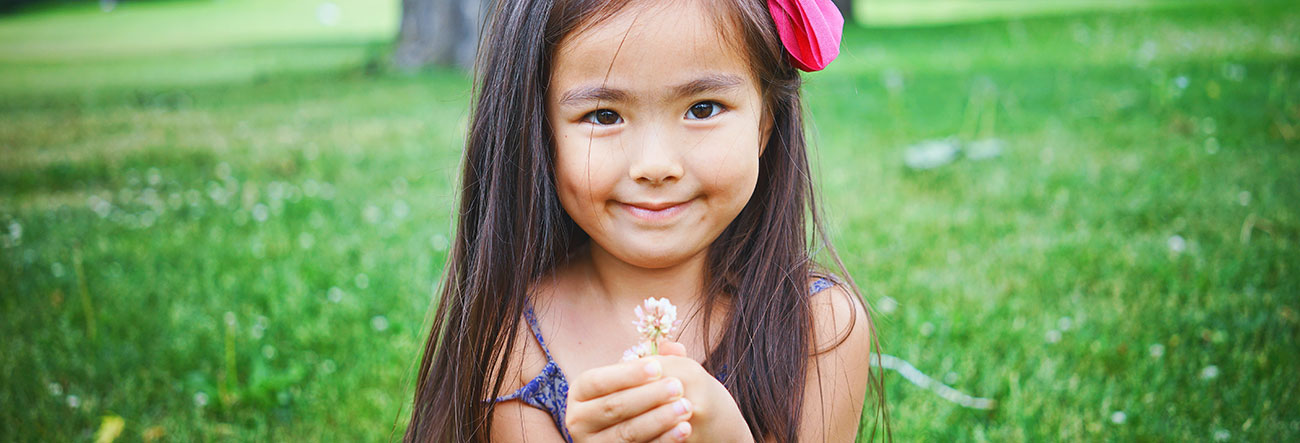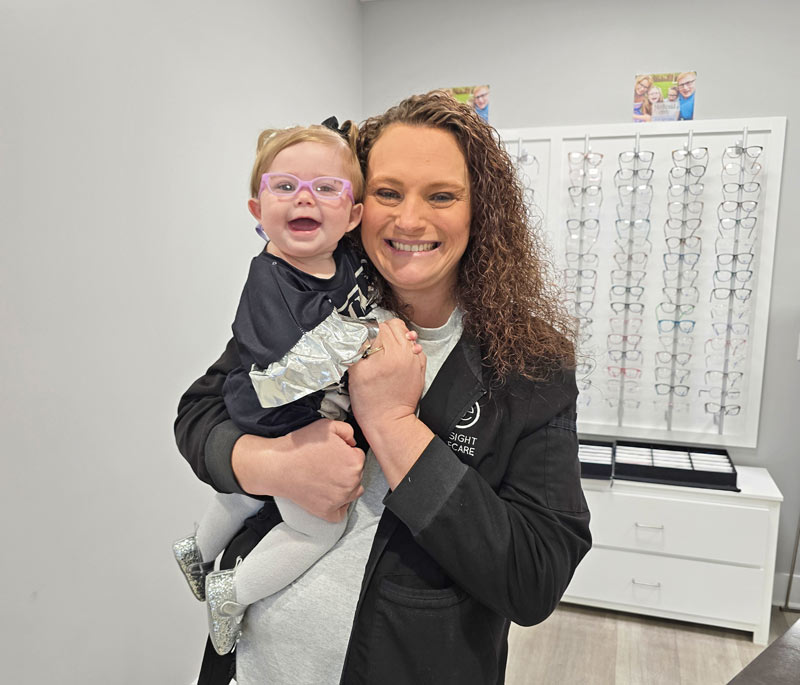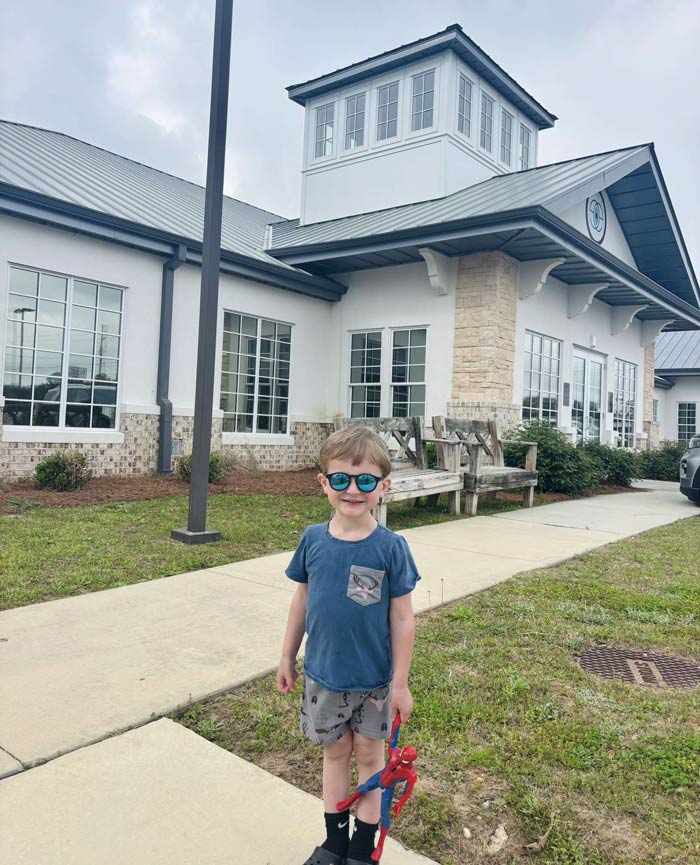
Pediatric Eye Exam
At Ensight Eyecare, our optometrists are experts at providing eye health and vision care for people of all ages, including babies and children.
While pediatricians provide visual screenings, they’re no substitute for comprehensive eye exams from an expert doctor focused on eye health and vision. Learning relies heavily on good vision and visual skills, so it’s important to make sure your child can see their best, even before they start school.

When should children have their first eye exam?
Ideally, babies should have their first eye exam at six months old to ensure their eyes are developing normally and so we can evaluate their response to light, ability to follow a moving target, color vision, and depth perception. After the first exam, we recommend they come back in at around three years old and then before they start kindergarten.
How often should children get eye exams?
Once a child is in school, we recommend an eye exam at least once every two years if they don’t need vision correction. If your child wears glasses or contact lenses, then they should get an eye exam annually or as recommended by our doctor.
The eye exam methods our doctor at Ensight Eyecare uses depend on the child’s age. However, our children’s eye exams will typically include learning about their medical history, testing their vision, determining whether eyeglasses are needed, testing the alignment of their eyes, conducting an eye health evaluation, and prescribing eyeglasses if needed.

Why are eye exams important for children?
Children need to have their eyes examined to ensure they are healthy and that they don’t have any vision problems that may interfere with their performance in school. Learning is all about vision; in fact, up to 80% of what a child learns is presented visually. Our children’s eye exams check that they have the visual skills they need for learning:
- Excellent vision for near, up-close work and distance.
- Comfortable and correct “eye teaming,” which means the eyes work well together and can focus on the same place in space.
- Excellent ability to switch focus from an object up close to an object in the distance.
- Accurate eye movement skills, such as the ability to read a line of text.
What is the difference between a vision screening and a comprehensive eye exam for children?
A vision screening provided by a school or pediatrician is not the same as a comprehensive eye exam. Vision screenings do not diagnose eye or vision problems. They’re designed to assess whether a child needs further testing.
What are some common vision problems in children?
Myopia (also known as “nearsighted,” which means they can see objects well up close, but have problems seeing objects in the distance, like a blackboard).
Hyperopia (also known as “farsighted,” which means they can see objects well in the distance, such as a blackboard, but have problems seeing objects up close).
Astigmatism (a vision condition that causes fuzzy, blurry vision).
Amblyopia (also known as “lazy eye”) is best treated while the child is still young, and their visual system is still developing.
Strabismus (also known as “crossed eyes or misalignment of the eyes”).
Focusing problems, poor depth perception, and color blindness.
Eye health problems.
Convergence insufficiency (an inability to maintain eye alignment when looking at objects).
What are warning signs of potential vision problems in children?
Your child may not know they have a vision problem, so it’s important to be aware of the warning signs. Some early indicators of vision problems in children include the following behaviors:
- Frequent rubbing or blinking of the eyes
- Short attention span or daydreaming
- Poor reading skills
- Avoiding up-close work
- Frequent headaches
- Covering one eye
- Tilting the head when reading
- Squinting one or both eyes
- Placing head close to the book or the desk when reading or writing
- Poor eye-hand coordination
If you notice some of these warning signs, be sure to share that information with your doctor when you bring your child in for a pediatric eye exam at Ensight Eyecare.
Schedule a Pediatric Eye Exam in Andalusia
At Ensight Eyecare, it is our privilege to help all members of the family with their vision and eye health, including babies and children. Book an appointment today for a pediatric eye exam in Andalusia, Alabama.
